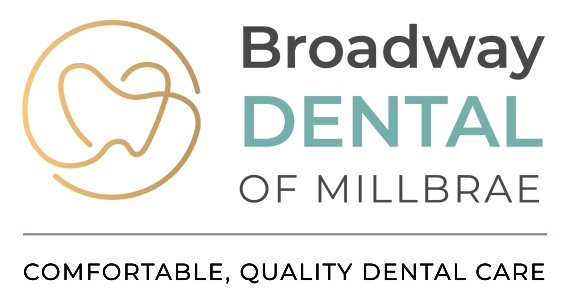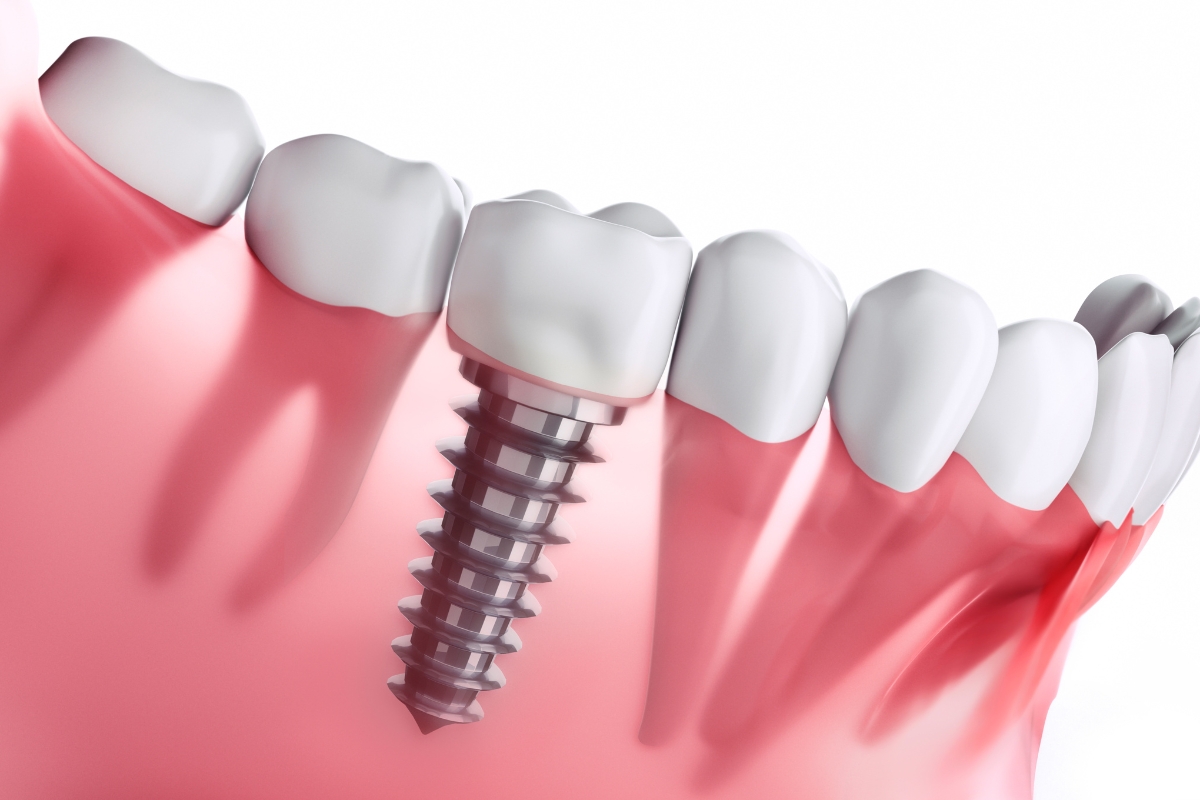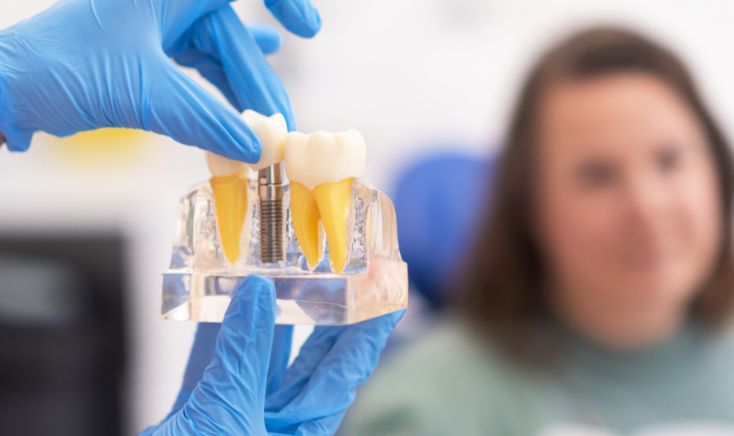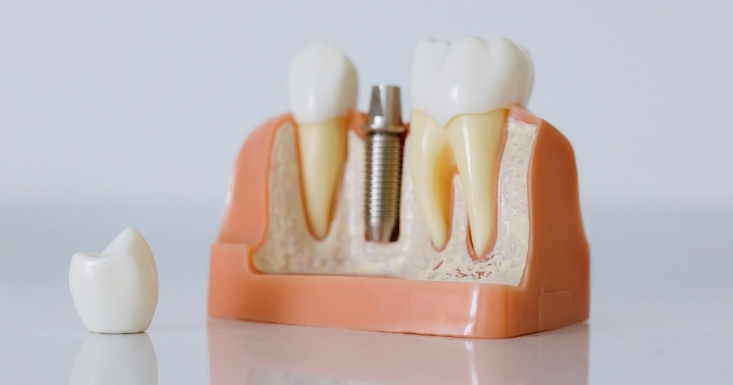Book Now
What To Eat After Dental Implant Surgery To Avoid Complications
Millbrae, CA
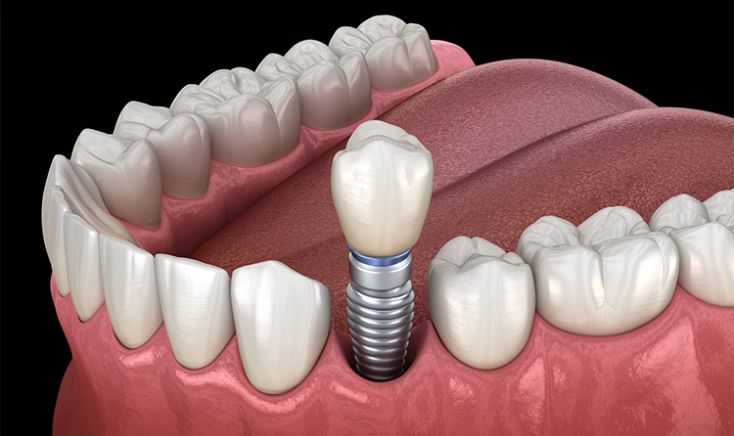
Getting dental implants is a game-changer for your smile, but what you eat afterward can make or break your recovery. Whether you’ve just had one implant or multiple, your mouth is healing—and that means being picky with your plate. In fact, the first 7 to 10 days post-surgery are critical. One wrong bite could delay healing or cause pain.
So what should you eat? Here’s a carefully curated list of foods that promote healing, reduce discomfort, and keep your new implants safe.
Why Diet Matters After Implant Surgery
Dental implants need time to bond with your jawbone—a process called osseointegration. During this time, your gums are sensitive, your mouth may be swollen, and your implants are still stabilizing. Eating the wrong food—anything too hard, crunchy, spicy, or sticky—can irritate the surgical site or lead to infection.
That’s why a soft, nutrient-rich diet is your best friend right now. Let’s break it down into a timeline and food guide for each healing phase:
First 24–48 Hours: Stick To Liquids
In this crucial window, your focus should be on hydration and gentle nourishment.
- Cool broths (avoid hot temperatures!).
- Smoothies (no seeds, citrus, or straws).
- Unsweetened applesauce.
- Protein shakes with no chunks.
Cold foods can soothe inflammation and reduce swelling.
Day 3 To Day 7: Soft & Smooth Is the Move
Now your swelling may be reducing, but your gums are still tender. Choose foods that require minimal chewing:
- Mashed potatoes or sweet potatoes.
- Scrambled eggs.
- Cottage cheese or soft yogurt.
- Oatmeal or cream of wheat.
- Well-cooked pasta.
- Soft, boneless fish like cod or salmon.
According to the American Academy of Implant Dentistry, patients who follow a soft-food diet for the first 10–14 days after surgery report 30% fewer post-operative complications than those who don’t. That includes less bleeding, swelling, and implant failure.
Week 2 & Beyond: Gradually Add Variety
Once a dentist gives the green light, you can start introducing slightly firmer foods after getting a dental implant in Millbrae.
- Steamed vegetables.
- Ground meats or tofu.
- Soft rice or quinoa.
- Cooked fruits (like baked apples or bananas).
Avoid these until the dentist says it’s safe:
- Nuts and seeds.
- Hard bread or crackers.
- Popcorn.
- Raw vegetables.
- Spicy or acidic foods.
Foods To Avoid at All Costs (for Now)
Even if you’re feeling better, some foods can cause serious issues:
- Crunchy foods (chips, pretzels).
- Sticky treats (caramel, chewing gum).
- Very hot or spicy items (they can irritate tissue).
- Alcohol and carbonated drinks (they delay healing) also harm your oral health by creating an environment where bacteria thrive..
Don’t Forget Fluids
Sip water often, but skip the straw—it creates suction that can dislodge healing tissue or blood clots. Herbal teas, electrolyte-infused water, or diluted juices (non-acidic) can keep you hydrated without harm.
Think Nutrition, Not Just Texture
Focus on foods rich in:
- Vitamin C (for gum healing).
- Protein (for tissue repair).
- Calcium (for bone support).
Example: A smoothie with Greek yogurt, banana, and a scoop of protein powder = a perfect post-implant meal.
Pain, swelling, or discomfort? That’s your body saying “stick to soft.” If you feel good and the dentist approves, ease into more solid meals over time. But rushing into crunchy tacos or steak? Big mistake.
Your mouth just had a major procedure—treat it with care, and it’ll reward you with a confident, lasting smile. Follow our dentist’s advice, and make these food choices part of your healing toolkit. Want a printable recovery meal plan or grocery list? Just say the word—I’ve got you covered.
